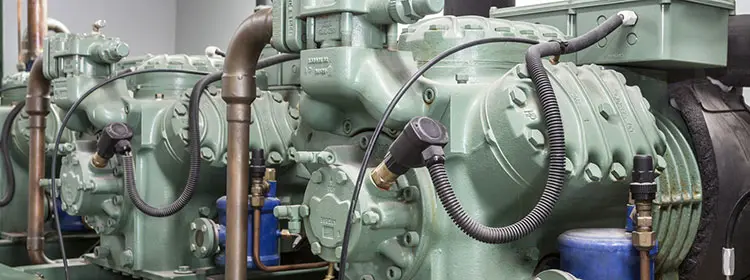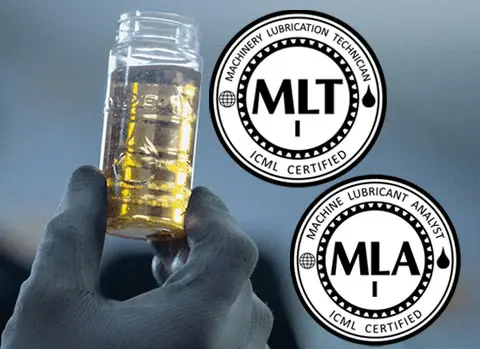Efficient lubrication and oil monitoring – the key to extending the service life of turbines and turbo compressors
In this seminar, you will gain practical knowledge on selecting the optimal lubricant, which is crucial for the economical and reliable operation of your equipment. You will learn how to extend oil change intervals through targeted filtration and professional oil maintenance, thereby reducing maintenance costs in the long term. Another focus is on the early detection of unusual wear and potential malfunctions in order to avoid costly breakdowns.
In addition, we teach you sound methods for damage analysis after machine failures and the correct collection and interpretation of oil samples. With the help of modern oil analysis techniques, you can plan proactive maintenance measures and significantly increase the service life of your turbines and turbo compressors. Finally, you will learn how to correctly evaluate analysis results and effectively use warning values to accurately assess machine damage and oil condition.

- Correct selection of the optimal lubricant for an economic and reliable operation of your facilities and machines
- Extension of oil changing intervals
- Cost reduction through better filtration and oil care
- Early recognition of unusual wear and failures
- Investigation of causes of faliure after breakdowns
- Extraction of meaningful oil samples
- Oil analysis in pro-active maintenance
- Warning values for evaluation of machine damages and oil condition
- Interpretation of lab reports

- Skilled employees and executives working in maintenance of power plants and chemical companies
- Service technicians, mechanics and commissioning staff of producers of turbines, turbo compressors and power plants
- Service partners of facility Producers
- Technically skilled employees working in construction, serive and sales
- Distribution engineers and sales people of lubricants and their service partners
- Producers of oil circulation and central lubrication systems
- Construction engineers for power plants
- Technical purchasers for lubricants and operating fluids
- Application engineers working in mobile labs as well as for on-site condition monitoring and fluid management
- Appraisors and surveyors for damage analysis and machine malfunction
- Technically interested employees who want to extend their knowledge in the areas lubrication techniques and tribology







